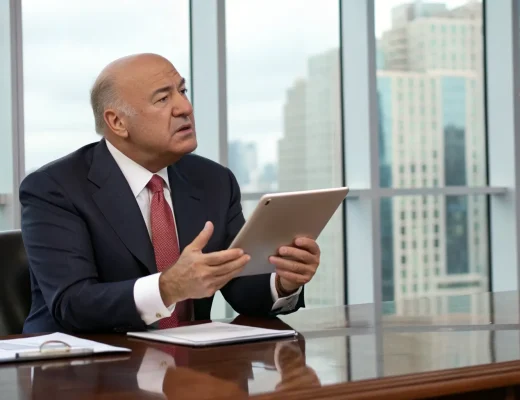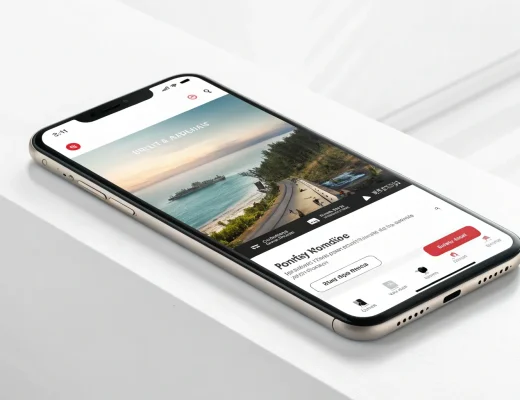Autodesk CEO Andrew Anagnost has revealed that
candid feedback played a crucial role in reshaping his career trajectory. The tech executive now makes it a priority to provide others with necessary truths rather than comfortable platitudes.
In recent comments, Anagnost reflected on how direct and truthful input from others fundamentally altered his professional path. This personal experience has informed his
leadership philosophy at Autodesk, where he now heads one of the world’s leading design software companies.
The Power of Candid Communication
According to Anagnost, the honest assessments he received at key moments in his career provided clarity that might otherwise have been missing. Rather than shielding him from difficult realities, these frank evaluations helped him make better-informed decisions about his professional direction.
The CEO’s experience highlights the value of straightforward communication in professional settings. While positive reinforcement has its place, Anagnost suggests that growth often stems from hearing uncomfortable truths that challenge assumptions and reveal blind spots.
What people need to hear isn’t always what they want to hear,” appears to be a guiding principle for the Autodesk leader, who has translated his
personal experience into a management approach that prioritizes clarity over comfort.
Implementing Feedback Culture at Autodesk
As the chief executive of a technology company with thousands of employees worldwide, Anagnost has opportunities to put his feedback philosophy into practice. His leadership style appears to emphasize:
This approach aligns with modern management theories that emphasize the importance of psychological safety alongside honest evaluation. Employees who receive clear, actionable feedback typically perform better than those working in environments where issues go unaddressed.
The Business Impact of Truth-Telling
For companies like Autodesk, which operate in rapidly evolving
technology markets, the ability to face reality without filters can provide competitive advantages. Organizations that can honestly assess their
strengths and weaknesses are better positioned to adapt to changing conditions.
Industry analysts note that leadership transparency often correlates with company performance. When executives model honest communication, it typically cascades throughout the organization,
creating cultures where problems are identified and addressed more quickly.
Anagnost’s personal testimony adds weight to this perspective. By connecting his own
career transformation to the power of honest feedback, he provides a compelling case study for the value of truth in professional settings.
The CEO’s experience also highlights how
personal history shapes leadership style. His approach to providing feedback appears directly informed by his own experiences receiving it, creating a leadership philosophy grounded in lived experience rather than abstract theory.
As businesses navigate increasingly complex challenges, leadership approaches that prioritize honest assessment over comfortable illusions may prove increasingly valuable. Anagnost’s story suggests that both individuals and organizations benefit when difficult truths are shared constructively rather than avoided.







